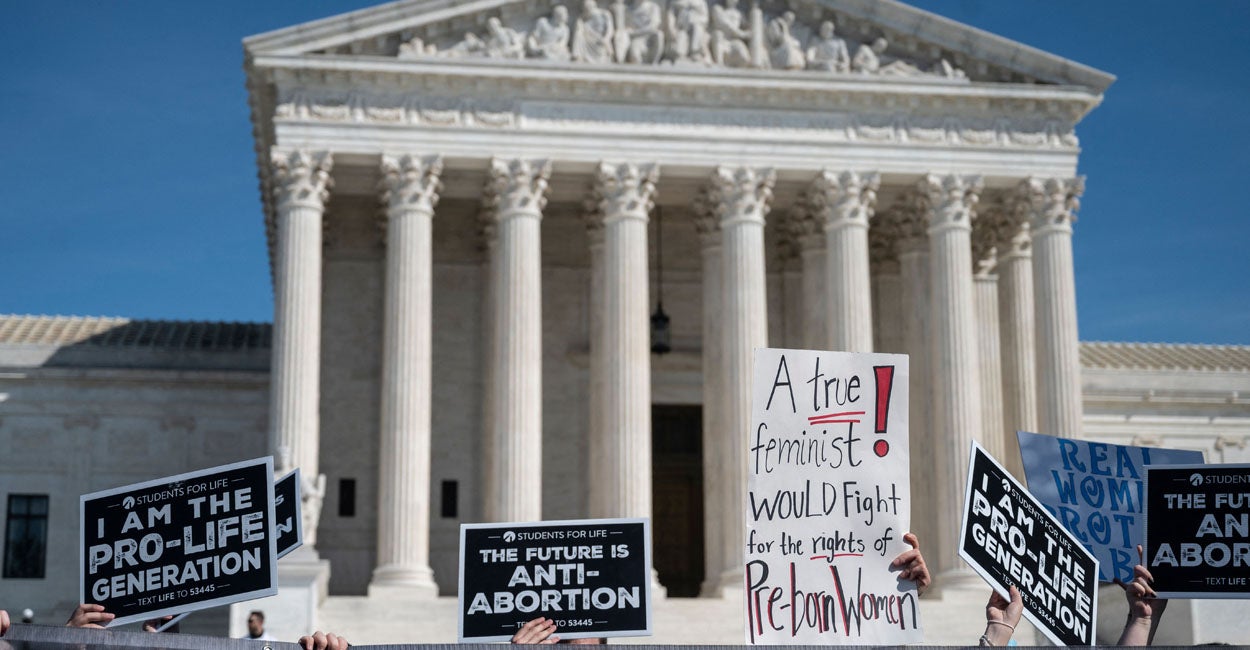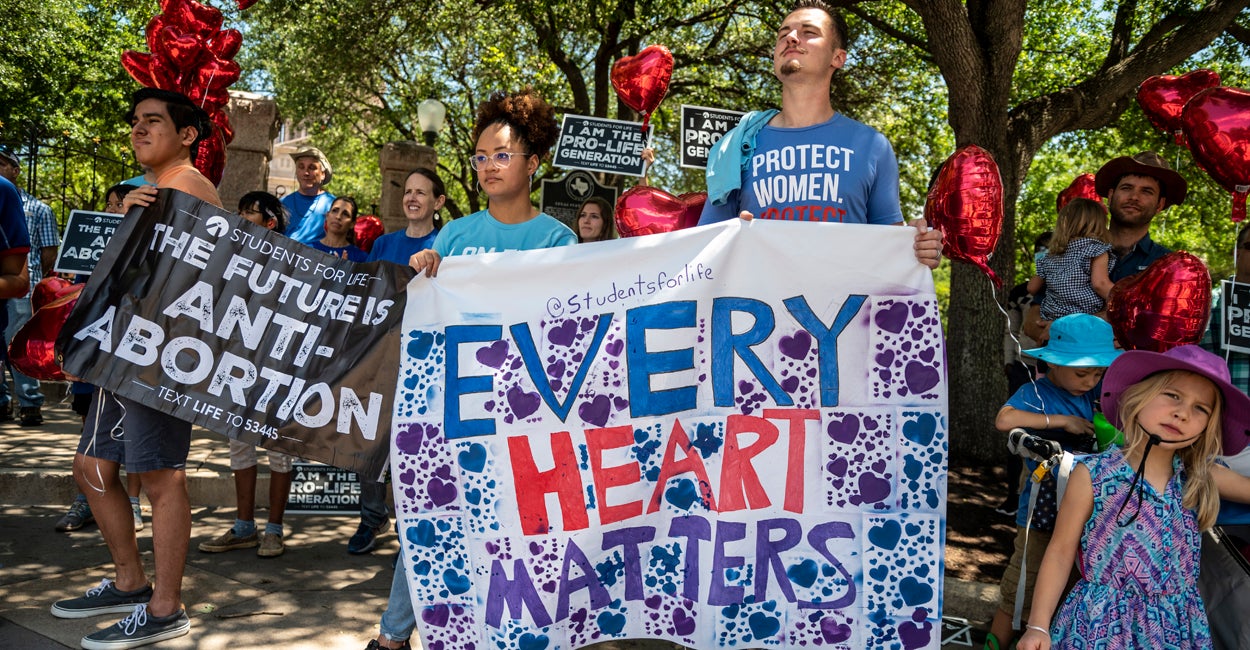The Texas Heartbeat Act, known as SB 8, is once again up for consideration before the Supreme Court as a result of two consolidated cases.
Whole Woman’s Health v. Jackson and United States v. Texas—scheduled for oral arguments on Monday—will require the court to consider whether the federal government can sue to enforce the right of Texas women to get an abortion and, if so, whether the Texas Heartbeat Act can be enforced at all.
SB 8—a Texas law banning abortions after a fetal heartbeat is detected, usually around six weeks’ gestation—has remained in effect since Sept. 1.
This is the second time the court has considered the Texas Heartbeat Act’s unique procedural positioning and is being asked to halt its enforcement while the case is litigated in the lower courts. The court declined to halt the law while the appeal is underway.
Both cases have been scheduled for oral arguments much faster than usual. A week ago, the court granted “certiorari before judgment,” placing the cases on what’s known as the Supreme Court’s rocket docket. This is an emergency review procedure that allows a party to leapfrog over the appeals court—in this case, the 5th U.S. Circuit Court of Appeals—without waiting for its outcome and go directly to the Supreme Court.
The two cases came to the Supreme Court at different times and originated in different ways due to the unique procedural questions presented. The court has joined the two and set them both for oral arguments on Nov. 1.
SB 8’s unique enforcement mechanism provides the basis for both legal challenges. It has proven to be a barrier to those interested in maintaining the availability of abortion in the Lone Star State.
According to SB 8, state officials may not enforce the law and are granted sovereign immunity against anyone seeking to bring suit on the grounds that the bill is contrary to constitutional law.
Instead, the Texas Heartbeat Act allows private citizens to bring their own enforcement actions for violation of the law against those performing the outlawed abortions and anyone knowingly aiding and abetting them. This enforcement technique is generally reserved for state and federal fraud claims.
Therefore, the only way for an abortion provider to claim a defense against application of the law is to wait for a private actor to sue, and then raise the argument that the law itself is unconstitutional.
But for studious court-watchers and those following developments on abortion, Americans will recognize that this isn’t the first time SB 8 has appeared before the justices—even this year.
November: The Texas Heartbeat Act Is Back at the Supreme Court --->READ MORE HERE
If you like what you see, please "Like" us on Facebook either
here or
here. Please follow us on Twitter
here.



No comments:
Post a Comment